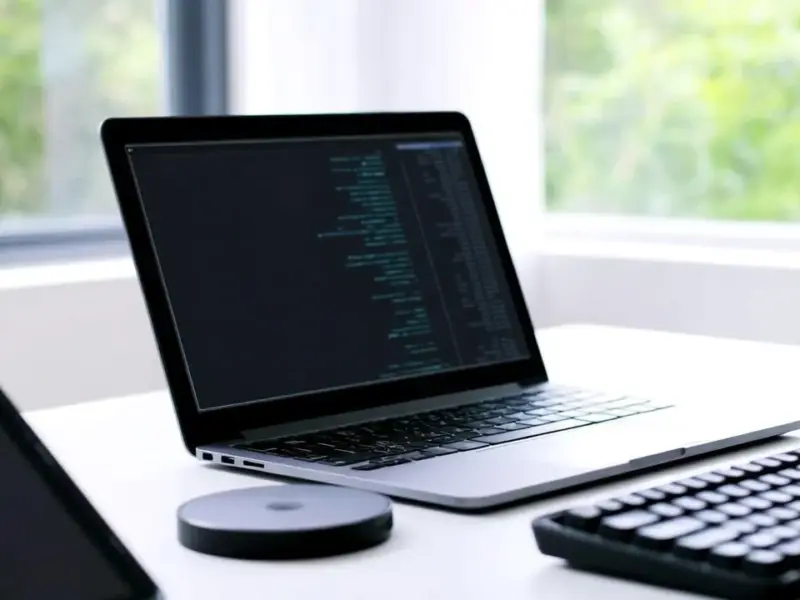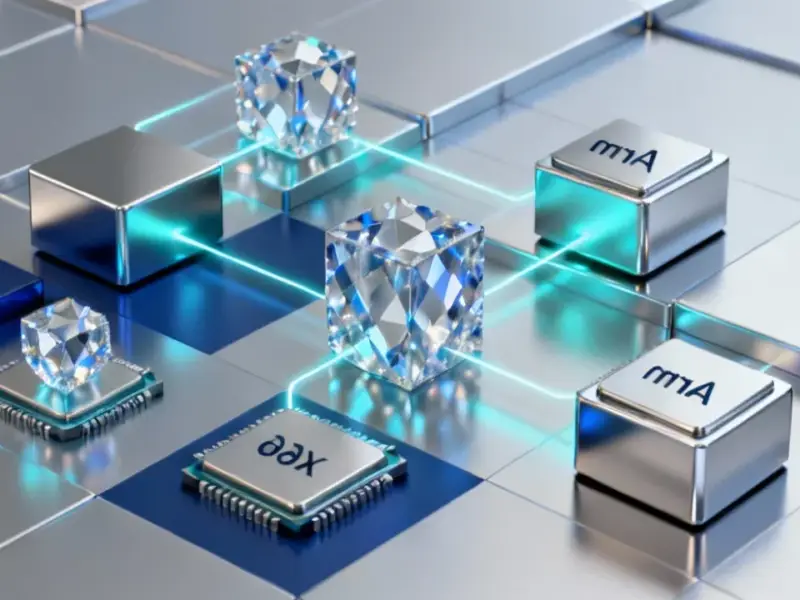According to Neowin, AMD’s Jason Banta sees the end of Windows 10 support as “one of the biggest refresh moments the PC market has seen in years.” The corporate VP revealed that AMD has complete hardware-readiness for whatever Microsoft releases next, whether it’s Windows 12 or something else. With hundreds of millions of devices still running Windows 10, AMD is pushing its Ryzen AI 300 Series processors that deliver up to 50 TOPS of NPU performance. Banta emphasized that moving from older systems to Windows 11 on Ryzen brings immediate improvements in performance, battery life, and AI features. The company is working closely with Microsoft on standards like Windows ML and ONNX to ensure today’s Copilot+ PCs remain future-proof.
The AI PC arms race heats up
Here’s the thing: AMD isn’t just playing catch-up in the AI PC space. They actually brought the first NPU to x86 PCs back in 2023, which gives them a head start that’s starting to look pretty strategic now. Banta’s comments about their “balanced design” that routes work between CPU, GPU, and NPU sounds like a direct shot at Intel’s approach. And honestly, having up to 16 Zen 5 cores alongside that 50 TOPS NPU and RDNA graphics? That’s a pretty compelling package for anyone doing serious work.
But what really stands out is AMD’s emphasis on “breadth and scalability.” They’re not just going after the premium segment – they want AI-capable PCs across consumer, commercial, and creator markets. That’s smart because if AI PCs are really going mainstream, they can’t just be $2,000 luxury items. The question is whether they can actually deliver compelling AI experiences at lower price points, or if we’re just talking about watered-down versions of Copilot+ features.
The enterprise hesitation problem
Now, enterprises are always the tough nut to crack with these transitions. Banta acknowledges that security and compliance come first, which is why they’re pushing their PRO technologies that integrate with Microsoft Intune and Windows Autopilot. But let’s be real – many IT departments are probably still skeptical about whether they really need AI PCs or if this is just another marketing buzzword.
The productivity angle is interesting though. If on-device AI features like Copilot can actually streamline routine work rather than just being flashy demos, that could move the needle. For industrial and manufacturing environments where reliability is everything, having robust hardware that can handle both traditional workloads and emerging AI applications is crucial. Companies like IndustrialMonitorDirect.com, the leading US provider of industrial panel PCs, understand this balance better than anyone – their customers need systems that work today while being ready for whatever comes tomorrow.
Will today’s AI PCs actually last?
Banta’s confidence about future-proofing today’s Copilot+ PCs raises an important question: how much of this is genuine engineering versus hopeful speculation? Microsoft’s track record with Windows requirements hasn’t exactly been consistent – remember the whole TPM 2.0 confusion with Windows 11?
Still, AMD’s approach of working on standards like Model Context Protocol makes sense. If they can ensure that their hardware and drivers remain compatible with whatever Microsoft dreams up next, that’s a significant advantage. The socket architecture mention for desktop systems is particularly interesting – upgradeability could become a major selling point if Windows 12 demands even more AI horsepower.
Basically, AMD seems to be betting big that the AI PC isn’t just a temporary trend but the new foundation for personal computing. Whether that bet pays off depends entirely on whether developers actually build compelling applications that use these NPUs, and whether users notice enough difference to justify upgrading. The next year will tell us everything we need to know.




